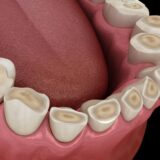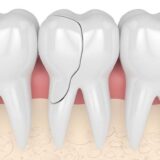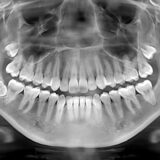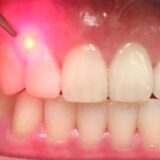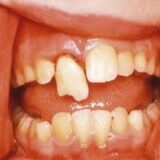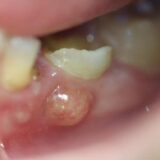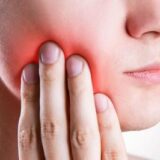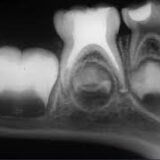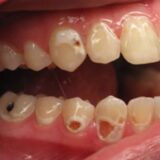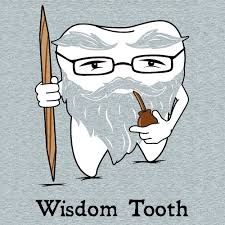
Outline:
1.Introduction
Understanding Wisdom Teeth
Why Wisdom Teeth Extraction is Necessary
2.Pre-Extraction Do’s
Consult with a Professional
Schedule Appropriately
Follow Pre-Op Instructions
Arrange Transportation
3.Pre-Extraction Don’ts
Avoid Self-Diagnosis
Don’t Eat Before Surgery
Refrain from Alcohol and Smoking
Avoid Certain Medications
4.Post-Extraction Do’s
Follow Post-Op Instructions
Use Ice Packs
Maintain Oral Hygiene
Stick to Soft Foods
Stay Hydrated
5.Post-Extraction Don’ts
Avoid Straws
Don’t Smoke or Drink Alcohol
Don’t Engage in Strenuous Activities
Avoid Solid Foods
Refrain from Touching the Area
6.Managing Pain and Discomfort
Over-the-Counter Pain Relievers
Prescribed Medications
Natural Remedies
7.Signs of Complications
Excessive Bleeding
Severe Pain
Swelling and Infection
Dry Socket
8.When to Contact Your Dentist
Unusual Symptoms
Persistent Pain
Post-Op Questions
9.Healing Timeline
First 24 Hours
2 to 3 Days After
1 Week Later
Long-Term Recovery
10.Diet Tips
Best Foods to Eat
Foods to Avoid
Staying Nourished
11.Maintaining Oral Hygiene
Gentle Brushing Techniques
Mouth Rinses
Avoiding Infection
12.Lifestyle Adjustments
Sleep Position
Physical Activity
Social Considerations
13.Common Myths and Facts
Myth: Extraction is Always Painful
Fact: Not Everyone Needs Extraction
Myth: Recovery is Quick for Everyone
Fact: Recovery Varies
14.Long-Term Care
Regular Dental Check-Ups
Monitoring Oral Health
Addressing Long-Term Issues
15.Conclusion
Recap of Key Points
Encouragement for Follow-Up
16.FAQs
How long does recovery take?
Can I go back to work the next day?
What should I do if I develop a fever?
Is it normal to have bad breath after extraction?
When can I resume normal eating habits?
Wisdom Teeth Extraction Do’s and Don’ts
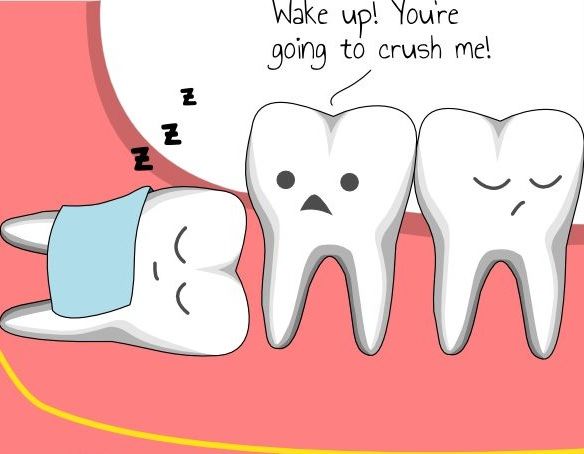
Wisdom teeth extraction can be a daunting process, but knowing the right do’s and don’ts can make the experience much smoother. Whether you’re preparing for the procedure or recovering afterward, this guide will walk you through everything you need to know.
Understanding Wisdom Teeth
Wisdom teeth, also known as third molars, are the last set of teeth to develop in your mouth. They typically emerge between the ages of 17 and 25. While some people have no issues with their wisdom teeth, others experience pain, crowding, and other dental problems, necessitating extraction.
Why Wisdom Teeth Extraction is Necessary
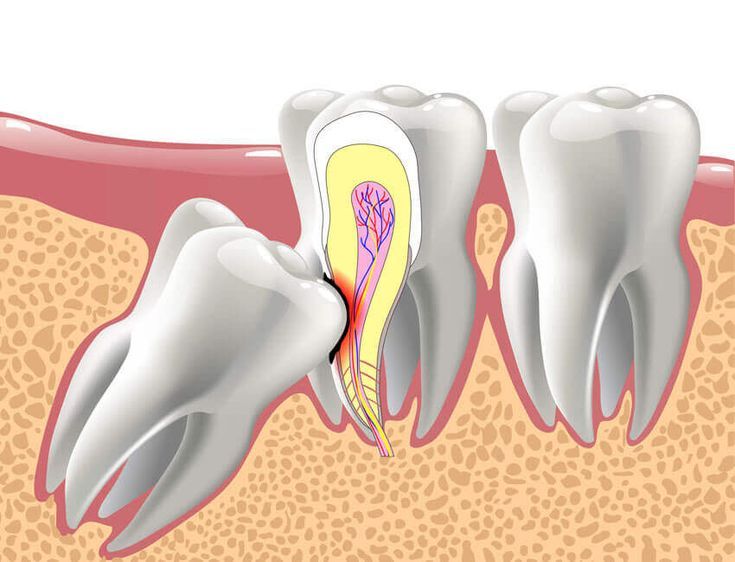
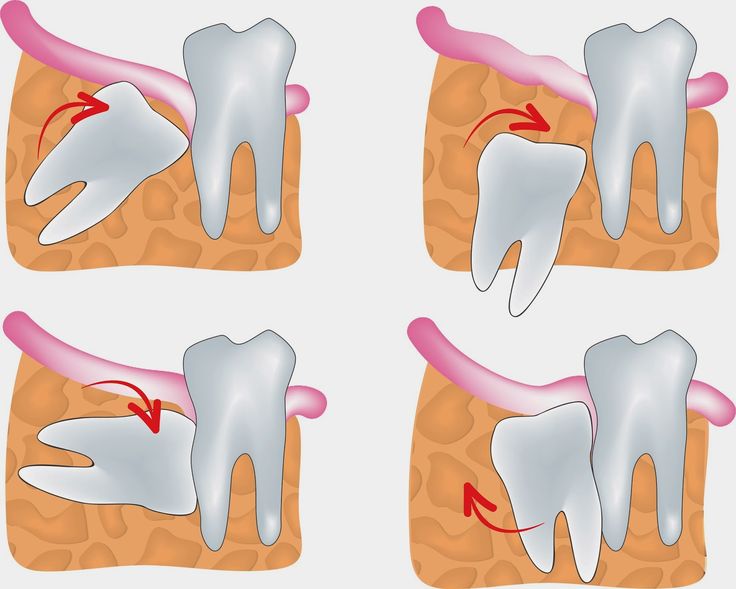
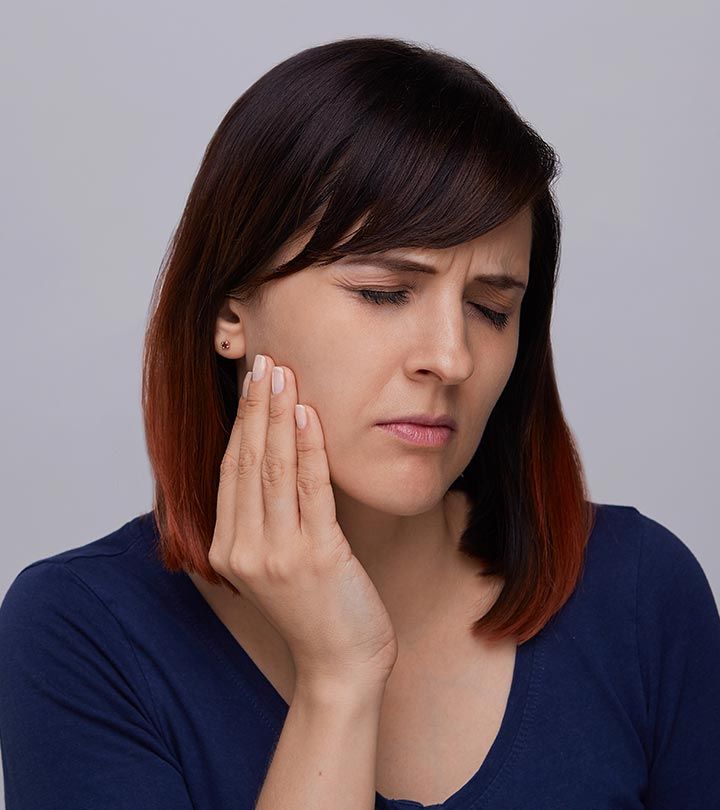
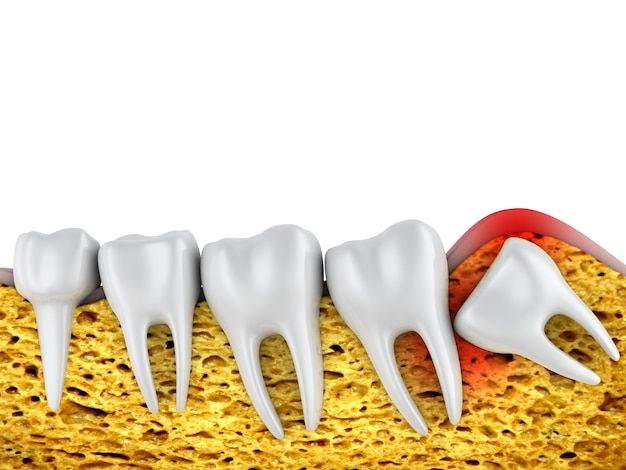
Wisdom teeth often need to be removed because they can cause various issues, such as:
Crowding other teeth
Growing in at odd angles
Causing pain and infection
Damaging adjacent teeth
Pre-Extraction Do's
Consult with a Professional
Before deciding on extraction, it’s essential to consult with a dental professional. They can assess your situation with X-rays and recommend the best course of action.
Schedule Appropriately
Plan your surgery at a time when you can afford a few days of rest. This helps in managing your recovery without the stress of immediate work or school commitments.
Follow Pre-Op Instructions
Your dentist will provide specific instructions to follow before the surgery, such as fasting for a certain period. Adhering to these guidelines is crucial for a safe procedure.
Arrange Transportation
You’ll likely be under anesthesia or sedation, making it unsafe for you to drive. Arrange for a friend or family member to take you home after the surgery.
Pre-Extraction Don'ts
Avoid Self-Diagnosis
Leave the diagnosing to the professionals. Self-diagnosing can lead to unnecessary worry or inappropriate treatment.
Don’t Eat Before Surgery
Eating before surgery can cause complications with anesthesia. Ensure you follow your dentist’s instructions about fasting.
Refrain from Alcohol and Smoking
Both alcohol and smoking can interfere with anesthesia and increase the risk of complications. Avoid them for at least 24 hours before surgery.
Avoid Certain Medications
Some medications, especially blood thinners, can increase the risk of bleeding. Discuss all your current medications with your dentist beforehand.
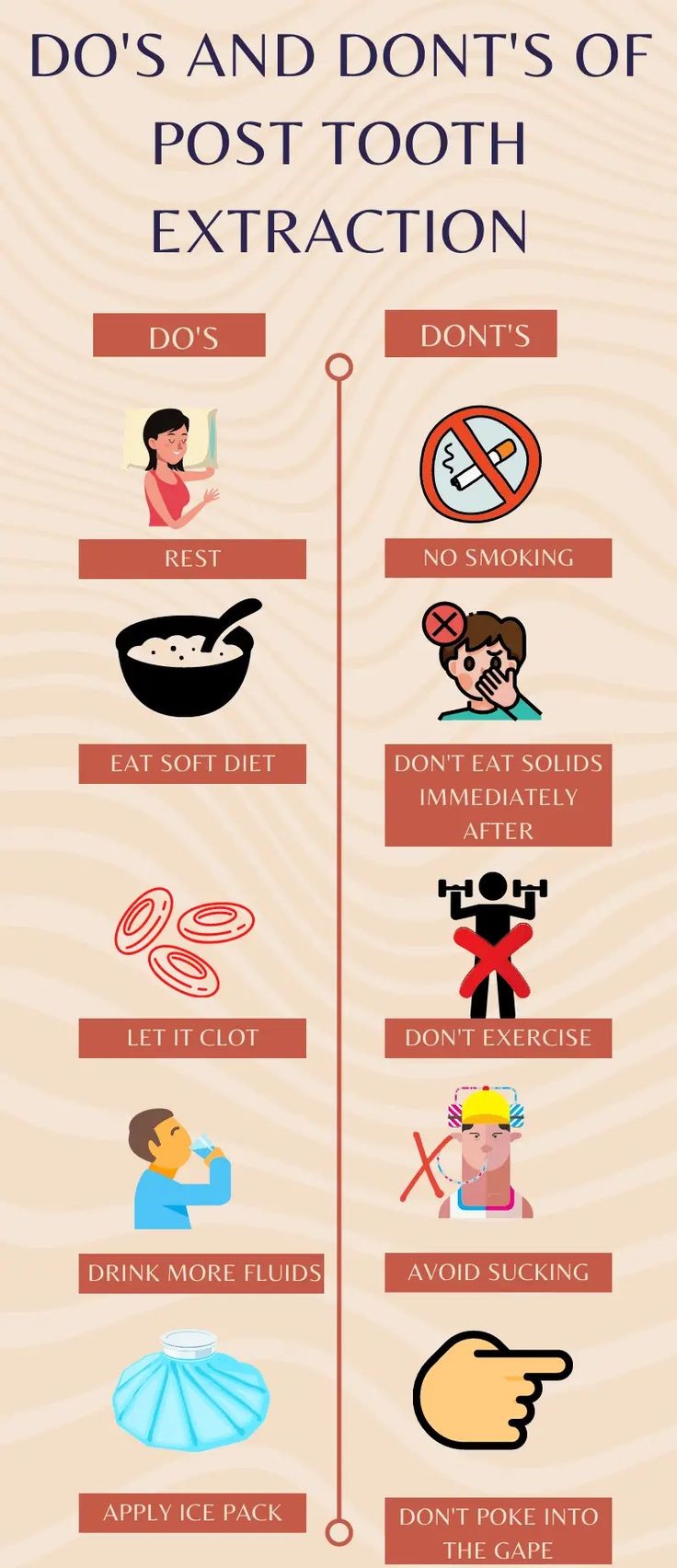
Post-Extraction Do's
Follow Post-Op Instructions
Your dentist will provide detailed instructions for care after the extraction. Follow these closely to avoid complications and ensure a smooth recovery.
Use Ice Packs
Applying ice packs to your cheeks can help reduce swelling and numb the area, providing pain relief.
Maintain Oral Hygiene
Keep your mouth clean by gently brushing your teeth and using mouthwash as directed. Be careful around the extraction site.
Stick to Soft Foods
Eat soft foods like yogurt, mashed potatoes, and soups to avoid putting pressure on your gums and minimize discomfort.
Stay Hydrated
Drinking plenty of water helps with the healing process. Avoid sugary, caffeinated, or carbonated drinks.
Post-Extraction Don'ts
Avoid Straws
Using straws can dislodge the blood clot that’s essential for healing, leading to a painful condition known as dry socket.
Don’t Smoke or Drink Alcohol
Both smoking and alcohol can delay healing and increase the risk of infection. Avoid them for at least a week after surgery.
Don’t Engage in Strenuous Activities
Heavy lifting or vigorous exercise can increase blood flow to the extraction site, causing more bleeding and swelling. Rest and take it easy.
Avoid Solid Foods
Hard, crunchy foods can irritate or injure the extraction site. Stick to soft foods until your dentist gives the all-clear.
Refrain from Touching the Area
It’s tempting to poke or prod the extraction site with your tongue or fingers, but this can introduce bacteria and cause infection.
Over-the-Counter Pain Relievers
Medications like ibuprofen or acetaminophen can help manage pain and reduce inflammation.
Prescribed Medications
Your dentist might prescribe stronger painkillers or antibiotics to prevent infection. Take them as directed.
Natural Remedies
Some find relief using natural remedies like clove oil or rinsing with salt water. Always check with your dentist before trying these.
Signs of Complications
Excessive Bleeding
Some bleeding is normal, but if it doesn’t stop after a few hours, contact your dentist.
Severe Pain
Pain that isn’t managed by medication or gets worse over time could indicate a problem.
Swelling and Infection
Swelling should decrease over time. If it worsens or you notice pus, you might have an infection.
Dry Socket
If you experience severe pain a few days after extraction, it could be a dry socket, requiring immediate dental attention.
When to Contact Your Dentist
Unusual Symptoms
Fever, chills, or a foul taste in your mouth are signs you should call your dentist.
Persistent Pain
If pain persists beyond the expected recovery time, it might be worth a check-up.
Post-Op Questions
Don’t hesitate to contact your dentist if you have any questions or concerns during your recovery.
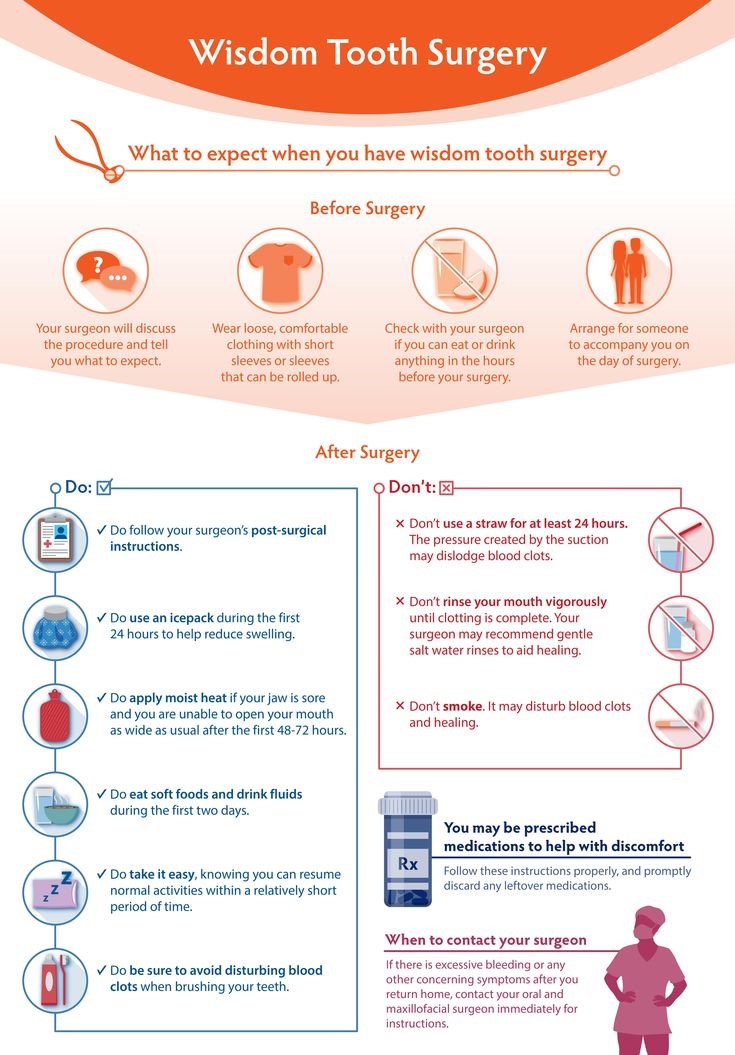
Healing Timeline
First 24 Hours
Expect some bleeding and swelling. Focus on rest and follow your dentist’s initial care instructions.
2 to 3 Days After
Swelling should peak and then start to subside. Continue with soft foods and avoid strenuous activity.
1 Week Later
You should start feeling more normal, with much of the initial discomfort fading. Follow up with your dentist if needed.
Long-Term Recovery
Complete healing can take a few weeks. Maintain good oral hygiene and follow up with your dentist to ensure everything is healing correctly.
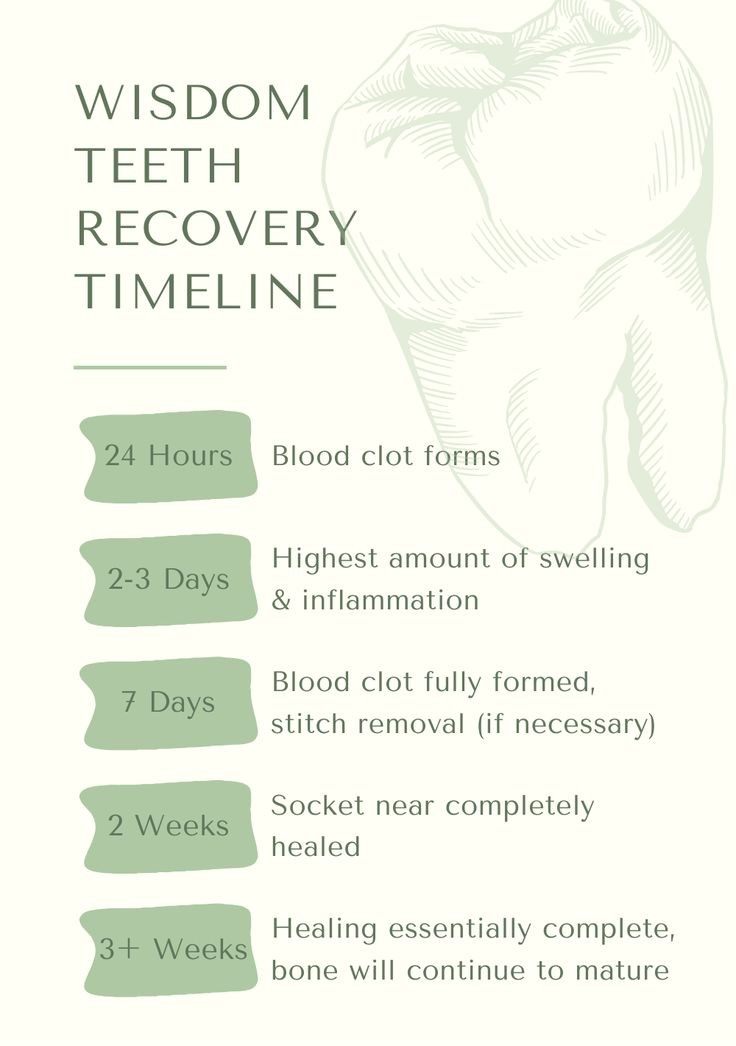
Diet Tips
Best Foods to Eat
Soft foods like smoothies, mashed vegetables, and broths are ideal. They require minimal chewing and are easy on your gums.
Foods to Avoid
Steer clear of spicy foods, nuts, seeds, and anything too hot or cold, as these can irritate the extraction site.
Staying Nourished
Ensure you’re getting enough nutrients despite the limited diet. Consider supplements if necessary.
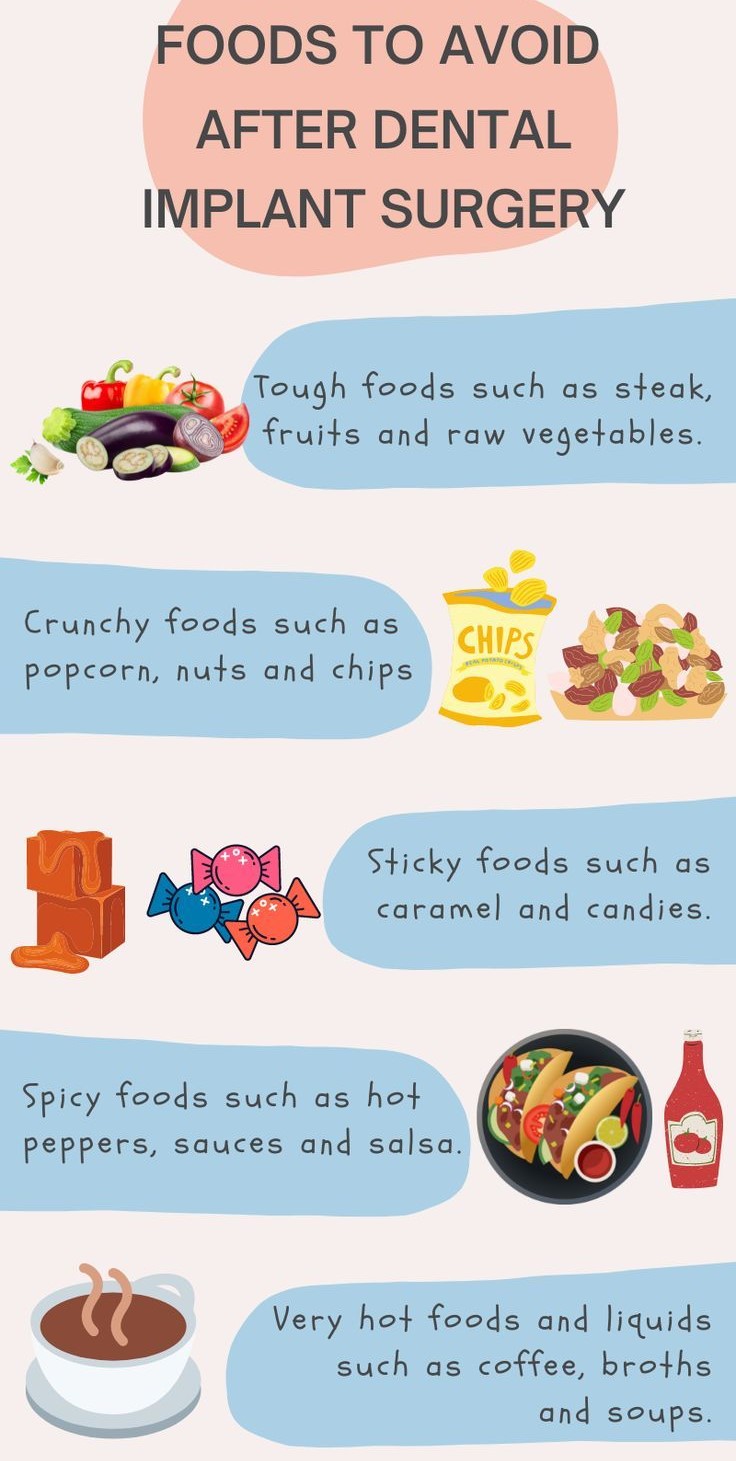
Maintaining Oral Hygiene
Gentle Brushing Techniques
Brush gently and avoid the extraction site. Use a soft-bristled toothbrush to prevent irritation.
Mouth Rinses
Rinse with salt water or any recommended mouthwash to keep the area clean and reduce the risk of infection.
Avoiding Infection
Follow all hygiene instructions to avoid infection. Signs of infection include fever, increased pain, and swelling.
Lifestyle Adjustments
Sleep Position
Sleep with your head elevated to reduce swelling and promote drainage.
Physical Activity
Limit physical activity to prevent increased blood flow to the extraction site, which can cause more bleeding and swelling.
Social Considerations
Plan social activities around your recovery. It’s okay to take a break and focus on healing.
Common Myths and Facts
Myth: Extraction is Always Painful
With modern anesthesia and pain management, the procedure is usually more uncomfortable than outright painful.
Fact: Not Everyone Needs Extraction
Some people have perfectly healthy wisdom teeth that don’t need to be removed.
Myth: Recovery is Quick for Everyone
Recovery time varies. Some might bounce back in a few days, while others take longer.
Fact: Recovery Varies
Your overall health, age, and the complexity of the extraction affect how quickly you recover.
Long-Term Care
Regular Dental Check-Ups
Continue to see your dentist regularly to monitor your oral health and address any issues early.
Monitoring Oral Health
Pay attention to any changes in your mouth and report them to your dentist promptly.
Addressing Long-Term Issues
If you experience long-term problems, such as persistent pain or misaligned teeth, seek professional advice.
Conclusion
Wisdom teeth extraction is a common procedure, but following the right do’s and don’ts can make a significant difference in your recovery. Stay informed, follow your dentist’s advice, and give yourself time to heal properly.
FAQs
How long does recovery take?
Recovery varies by individual but generally takes about one to two weeks. Most people feel significantly better within a few days.
Can I go back to work the next day?
It’s best to take at least a couple of days off to rest. Some people might need more time, depending on their job and how they feel.
What should I do if I develop a fever?
Contact your dentist immediately, as a fever could indicate an infection.
Is it normal to have bad breath after extraction?
Yes, bad breath can be normal initially. Maintain good oral hygiene to mitigate this.
When can I resume normal eating habits?
Gradually reintroduce solid foods as your gums heal, typically within a week to ten days.


